Do You Have a Wearable?
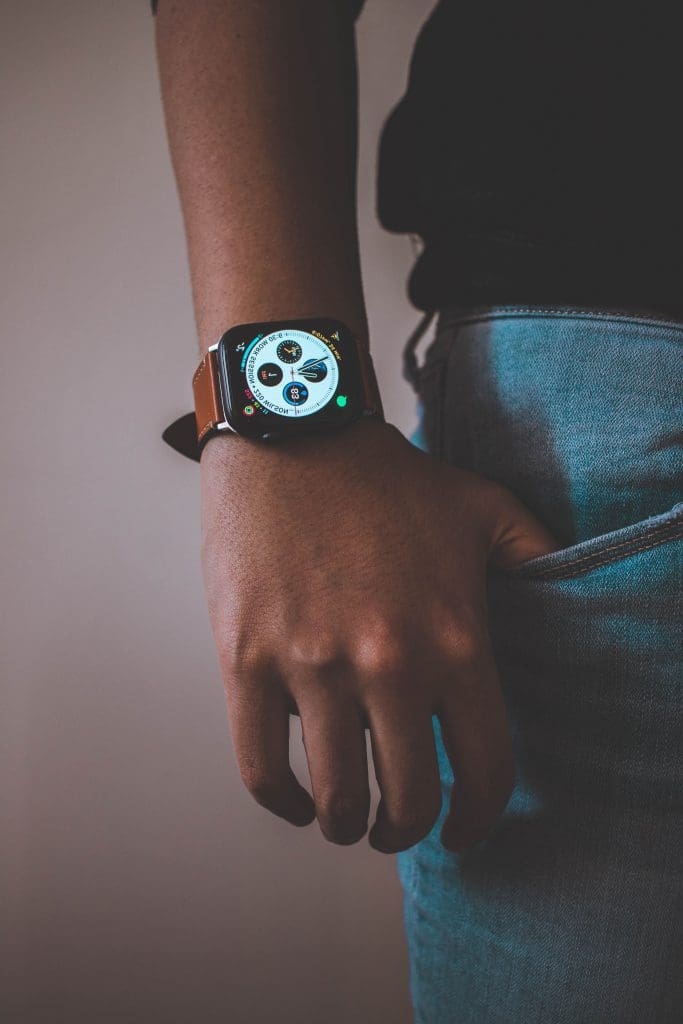
The idea of having technology in your watch seems like something out of a science fiction novel at first, with the screen popping up in the air in a bright neon blue or green. Even twenty years ago, a digital watch with a timer on it felt super futuristic. But today, with at least 1 in 5 people wearing, and actively using, some sort of wearable on their wrist, it’s increasingly becoming the norm to have a mini-computer on you at all times.
Wearables (literally wearable technology) most often include things like smartwatches or a wearable fitness tracker (like a Fitbit). They’re designed to connect with your phone through an app and help keep track of things like your heart rate, act like a remote with your music, and can keep you connected by sending you notifications from your phone. The more complex they get, the more they can do, like answer phone calls.
This is where it gets tricky, though. Being constantly connected to your device can have its benefits – for example, you can know right away if an emergency contact is reaching out or if there’s something urgent you need to respond to right away. It can help you develop goals and keep track of habits, including those that can benefit your mental health. For example, you can set goals to get a certain amount of steps a day to encourage activity and making sure you’re not staying in one place, and like we talked about last week, you can keep track of your sleeping habits.
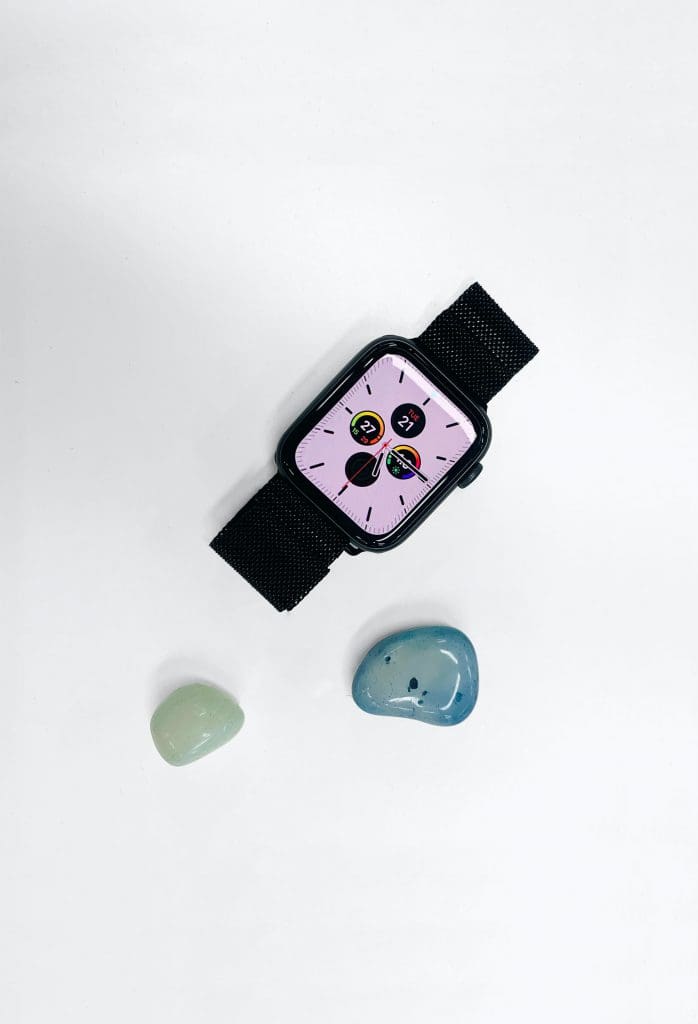
Wearables have also increasingly become methods of improving and monitoring mental health too. Apple Watches has an app on their device that helps you with deep breathing, and many mental health experts and researchers are starting to use wearables as a way to track patients’ mental health and keep an eye out for symptoms. If something seems troubling – like constantly high heart rates or prolonged periods of sleep, experts can reach out to the wearer to see how they’re doing.
Constantly being connected to your device and technology can also be really stressful, too. Notifications can already heighten your anxiety, and getting them the second they happen can make that anxiety feel even higher. It’s easy to put your phone on “do not disturb” and put it in another room to avoid notification anxiety, but that’s not really a solution if your wrist is buzzing the second you get a text. Additionally, constantly getting notifications can be distracting from work you might be doing, and the anxiety with not getting that work done can start building up. There might be the opposite effect as well: knowing that you could be getting notifications but aren’t getting any can make you start worrying that no one wants to reach out to you, which can then lead into snowball thinking about your relationships and whether people like you or not.
If you lean into more perfectionist tendencies, those habit and goal trackers can cause you to experience symptoms of anxiety and depression as well. If you’re not meeting the goals you set for yourself or dismiss reminders from your wearable to accomplish a task, you may feel like that’s reflective of your self-worth and your ability (or what you think is a lack thereof) of your productivity.
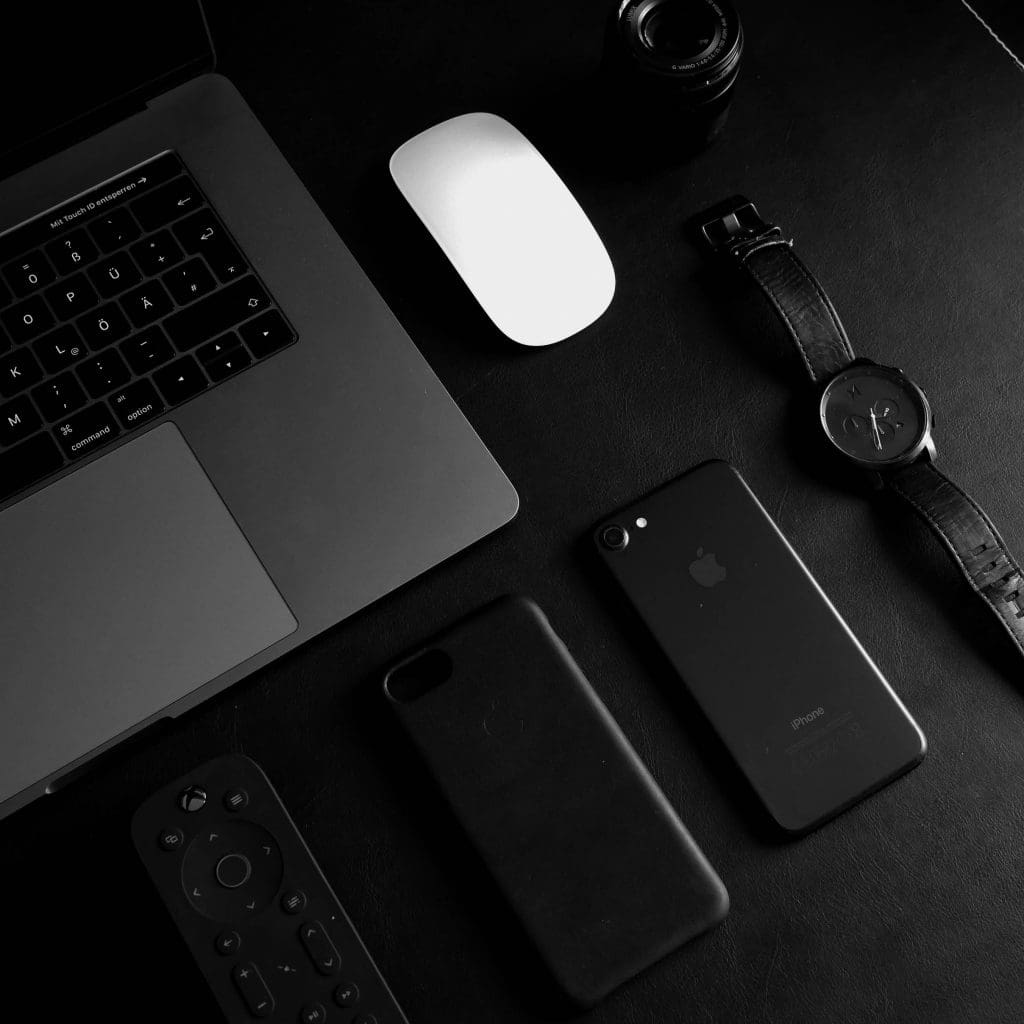
So, with all of this, wearables can both benefit and harm your mental health, just like any other technological device. Luckily, there are some solutions that you can try out if you do feel like wearables might be increasing your anxiety. For example, you can choose which apps send you notifications (do you really need to get a buzz on your wrist about a sale?), and it might lead you to make the decision to mute group chats so you’re not constantly getting reminders on your wearable. You can also choose not to use a a wearable as a habit tracker if you feel that it would only cause more stress.
As technology continues to grow, our access to them continues to increase. Finding the balance between what is useful and what can be stressful depends on the person, but it’s a learning process as we continue to adjust to how much more connected to technology we have become.
Do you own a wearable? Do you think it’s affected your mental health in anyway? What do you like or dislike about it?
Our team also has a study that looks into wearable/smartphone use and monitoring mental health! If you, or someone else you know, is interested, you can check it out here.

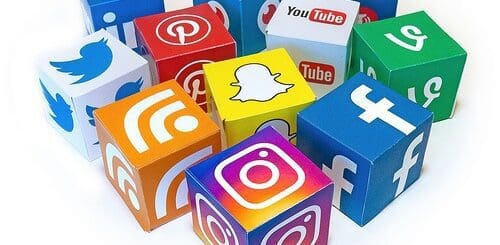
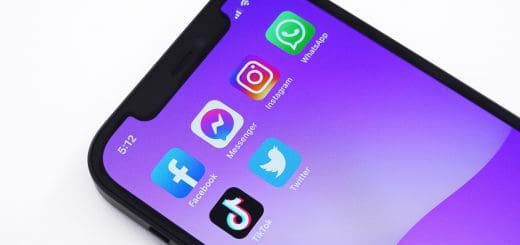

Recent Comments